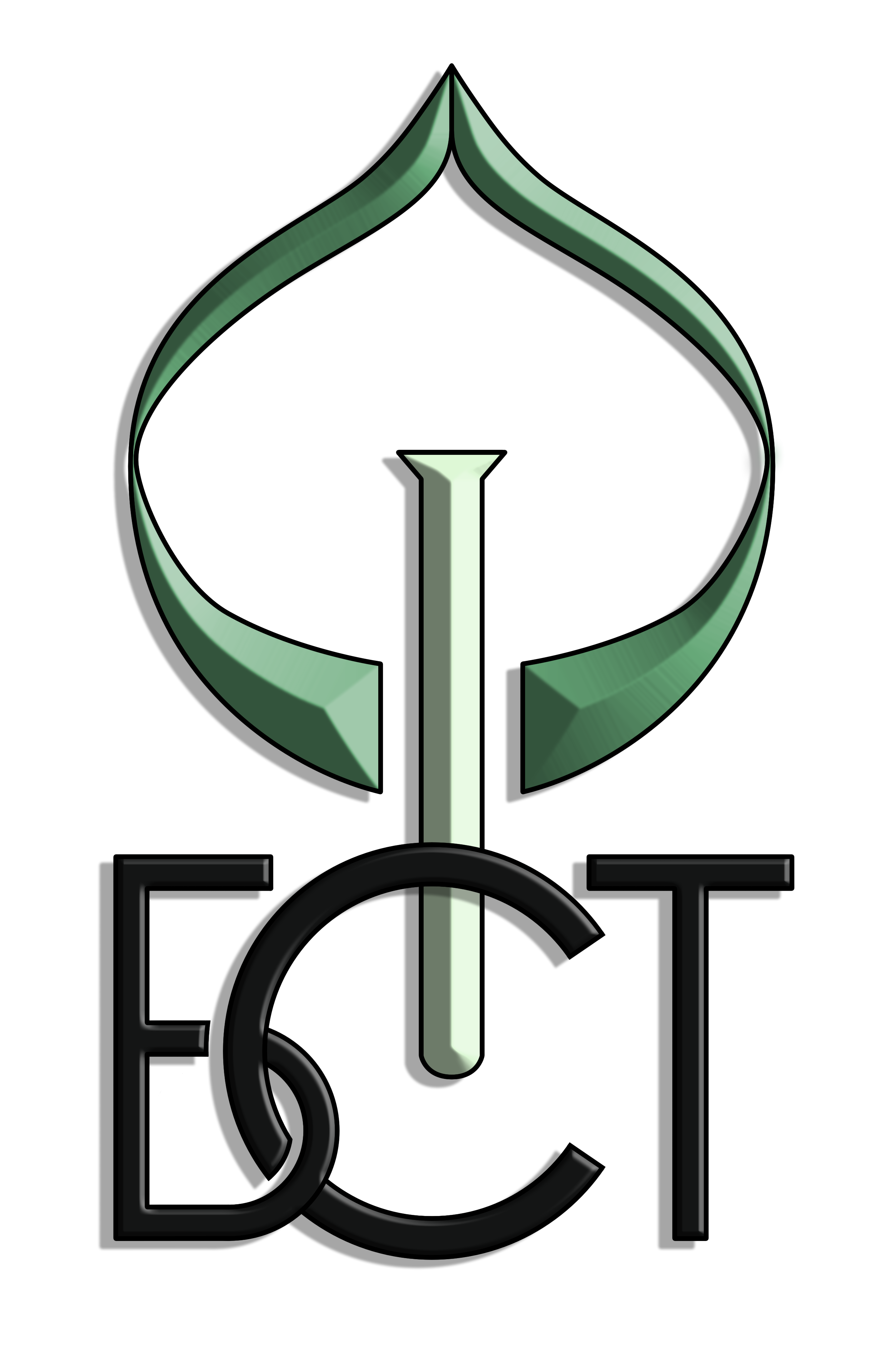Shakur A Makaev, Roman P Gerasimov
Animal Husbandry and Fodder Production. 2023. Vol. 106, no 4. Р. 30-39.
doi:10.33284/2658-3135-106-4-30
Original article
Effect of inbred and outbred mating of parental pairs on formation of maternal traitsin
Zavolzhsky type of Kazakh White-Headed breed
Shakur A Makaev1, Roman P Gerasimov2
1,2Federal Research Centre of Biological Systems and Agrotechnologies of the Russian Academy of Sciences, Orenburg, Russia
1shakur.makayev@bk.ru, https://orcid.org/0000-0001-9617-0327
2slavur7@gmail.com, https://orcid.org/0000-0002-2577-3355
Abstract. Linear breeding in Kazakh White-Headed breed implies development and consolidation of valuable traits of the best animals in the progeny in order to obtain the next generation with consolidated genotype by introducing homogeneous selection and controlled mating. The purpose of the study was to monitor the degree of inbreeding in Zavolzhsky type and to evaluate the effect of the mating system of parental pairs on the productive traits of the Kazakh White-Headed mature herd. The proportion of inbred animals was 8.48% of the total mature herd. Among them, the largest part (60.16%) of cows was obtained as a result of mating in moderate degree. The average inbreeding coefficient for the herd reached 8.34% and ranged from 5.45 to 20.0% by breeder lines. Stabilizing selection of parental pairs promoted consolidation of breeding traits in progeny, which was expressed in decrease of variability in live weight by 19.8%, milk yield - by 9.39% and exterior evaluation - by 14.6% and increase of productivity level by 1.6-2.4% in inbred cows relative to outbred counterparts. Close inbreeding had a negative effect on cow massiveness, which was 7.1 kg (1.33%) inferior to heterogeneous mating. The level of homozygosity in the population should be monitored to prevent inbred depression in a herd.
Keywords: cows, Kazakh White-Headed breed, Zavolzhsky type, mating, inbreeding, outbreeding, variability, live weight, milk productivity, exterior
Acknowledgments: the work was performed in accordance to the plan of research works for 2021-2023 FSBRI FRC BST RAS (No. FNWZ-2021-0001).
For citation: Makaev ShA, Gerasimov RP. Effect of inbred and outbred mating of parental pairs on formation of maternal traits in Zavolzhsky type of Kazakh White-Headed breed. Animal Husbandry and Fodder Production. 2023;106(4):30-39. (In Russ.) https://doi.org/10.33284/2658-3135-106-4-30
References
- Mollaeva AB, Vologirova FA, Zhukov AA, Aisanov ZM. Influence of inbreeding of Holstein sires’ daughters on milk productivity. Proceedings of Gorsky State Agrarian University. 2022;59(2):61-67. doi: 10.54258/20701047_2022_59_2_61
- AisanovZM, TarchokovTT, AbdulkhalikovRZ, TleynshevaMG. Influence of inbreeding on the early maturity of replacement young Holstein breed. Izvestiya of Kabardino-Balkarian State Agrarian University named after V.M. Kokov. 2022;4(38):49-56. doi: 10.55196/2411-3492-2022-4-38-49-56
- Gerasimov N, Dzhulamanov K. The impact of mating system variant on the expression of selective traits in Hereford bull-calves. Vestnik of Buryat State Academy of Agriculture named after V. Philippov. 2018;4(53):37-43.
- Dzhulamanov K, Selionova M, Gerasimov N. The genetic characteristic of Hereford cattle population. Vestnik Bashkir State Agrarian University. 2018;4(48):59-64. doi: 10.31563/1684-7628-2018-48-4-59-64
- Inerbayev BO, Khramtsova IA, Inerbayeva AT. Influence of degree of kinship and genetic similarity on productivity of Siberian Herefords. Siberian Herald of Agricultural Science. 2020;50(3):62-68. doi: 10.26898/0370-8799-2020-3-6
- Hainatski VYu, Gontyurev VA, Dzhulamanov KM, Iskanderova AP, Tyulebaev SD. The Kazakh White-Headed breed - the first domestic specialized a breed of beef cattle. Dairy and Beef Cattle Farming. 2020;2:7-10. doi: 10.33943/MMS.2020.98.89.002
- Makaev ShA, Gerasimov NP. Influence of genotype of sires of the Kazakh White-Headed breed by genes CAPN1, CAST and TG5 on meat quality parameters in offspring. Animal Husbandry and Fodder Production. 2020;103(3):102-113. doi: 10.33284/2658-3135-103-3-102
- Nedashkovsky IS, Konte AF, Sermyagin AA. Influence of the level of genomic inbreeding Holstein and Black-and-White sires on genetic variability and evaluation of the estimated breeding value of the body type of their daughters. Achievements of Science and Technology of AIC. 2023;37(6):66-74. doi: 10.53859/02352451_2023_37_6_66
- Nedashkovsky IS, Sermyagin AA, Bogdanova TV, Ermilov AN, Yanchukov IN, Zinovieva NA. Evaluation of inbreeding effect for milk production and fertility traits in Russian black-and-white cattle improved by Holstein breed. Dairy and Beef Cattle Farming. 2018;7:17-22.
- Soloshenko VA, Pleshakov VA, Inerbaev BO, Durov AS, Khramtsova IA. Estimation of genealogical lines of cattle of the Kazakh white-headed breed. Siberian Herald of Agricultural Science. 2021;51(1):82-89. doi: https://doi.org/10.26898/0370-8799-2021-1-10
- Amerkhanov KhA, Dunin IM, Sharkaev VI, et al. The procedure and conditions for carrying out the assessment of purebred beef cattle. Moscow: FSBSI Rosinformagroteh; 2012:37 p.
- Rudenko OV. Influence of various inbreeding degrees on growth intensity of replacement heifers.Vestnik of Ulyanovsk State Agricultural Academy. 2022;1(57):188-193. doi: 10.18286/1816-4501-2022-1-188-193
- Smaragdov MG. Assessment of inbreeding of the holsteinized cattle. Dairy and Beef Cattle Farming. 2020;3:3-7. doi: 10.33943/MMS.2020.23.86.001
- Smaragdov MG, Kudinov AA. Full genome inbreeding assessment of dairy cattle. Achievements of Science and Technology of AIC. 2019;33(6):51-53. doi: 10.24411/0235-2451-2019-10612
- Ugnivenko AN. Effect of inbreeding on Ukrainian Beef breed. Ukrainian Journal of Ecology. 2018;8(1):596-600. doi: 10.15421/2017_254
- Ulitin AV, Zvereva EA. Indicators of milk producing ability and offspring viability of purebred cows of the Yaroslavl breed depending on the degree of inbreeding. Agroindustrial Complex of Upper Volga Region Herald. 2022;2(58):27-32. doi: 10.35694/YARCX.2022.58.2.004
- Tsydypov SS, Garmaev DTs. Some economic and biological features in Kazakh white-headed young cattle of the Transbaikalian selection. Animal Husbandry and Fodder Production. 2022;105(1):52-61. doi: https://doi.org/10.33284/2658-3135-105-1-52
- Shevkhuzhev AF, Kayumov FG, Gerasimov NP, Shlykov SN, Shkrabak RV. Impact of scheme selection for parental pairs onto weight growth formation and Hereford calves' body type. Research Journal of Pharmaceutical, Biological and Chemical Sciences. 2018;9(2):789-796.
Information about the author:
Shakur A Makaev, Dr. Sci. (Agriculture), Chief Researcher of the Breeding and Genetic Center For Beef Cattle Breeds, Federal Research Centre of Biological Systems and Agrotechnologies of the Russian Academy of Sciences, 29 9 Yanvarya St., Orenburg, 460000.
Roman P Gerasimov, applicant, Breeding and Genetic Center For Beef Cattle Breeds, Federal Research Centre of Biological Systems and Agrotechnologies of the Russian Academy of Sciences, 29 9 Yanvarya St., Orenburg, 460000.
The article was submitted 27.10.2023; approved after reviewing 28.11.2023; accepted for publication 11.12.2023.
Download